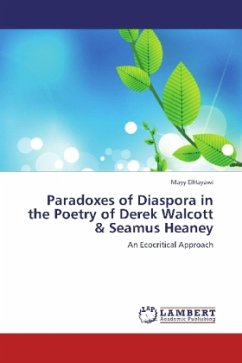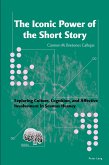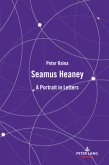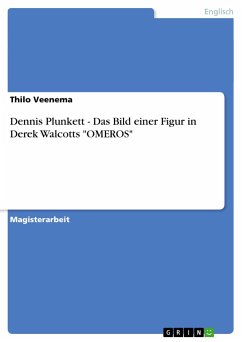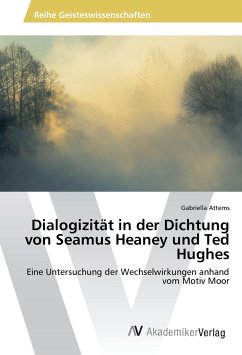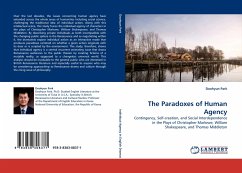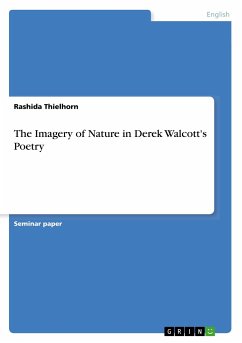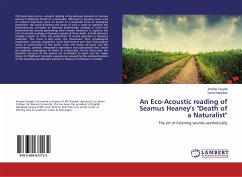In an age void of exclusive identities, limited localities or hindering cultural borders, the entire world turns into a diaspora, where the continuous tension between living and longing, coexistence and belonging, exoticism and togetherness obstructs the diasporans consciousness of place, time and identity. Through an ecocritical approach to the paradoxes of homelessness at home, nostalgia for the future and national schizophrenia in the poetry of the two Nobel Laureates, Derek Walcott (1930 - ) and Seamus Heaney (1939- ), the book investigates the homologies between nature and diasporans, explores the ways in which the diaspora poetry addresses intersections between racial oppression and exploitation of nature, and reveals how potentially productive tension between an imposed and an inherited culture can create imaginative forms to articulate the diasporans' cultural in-betweenness.
Bitte wählen Sie Ihr Anliegen aus.
Rechnungen
Retourenschein anfordern
Bestellstatus
Storno

